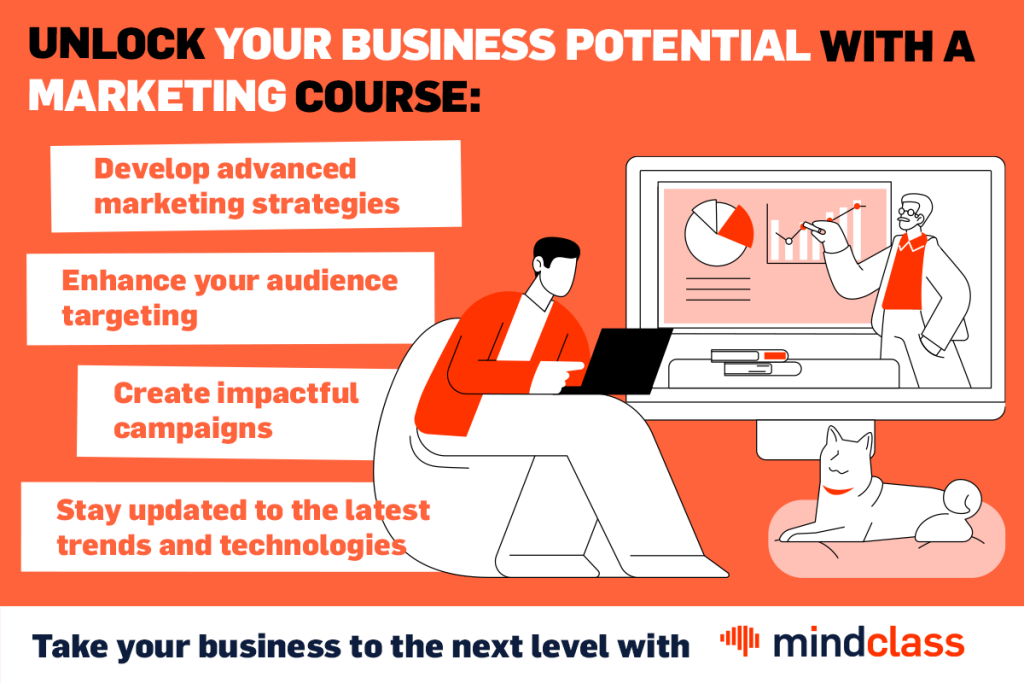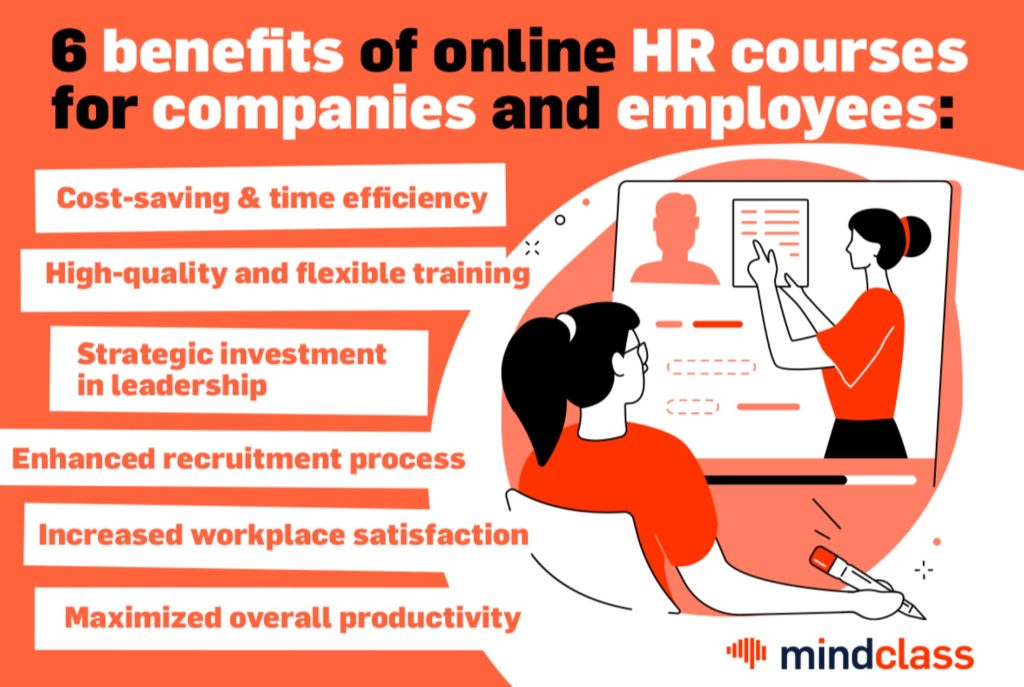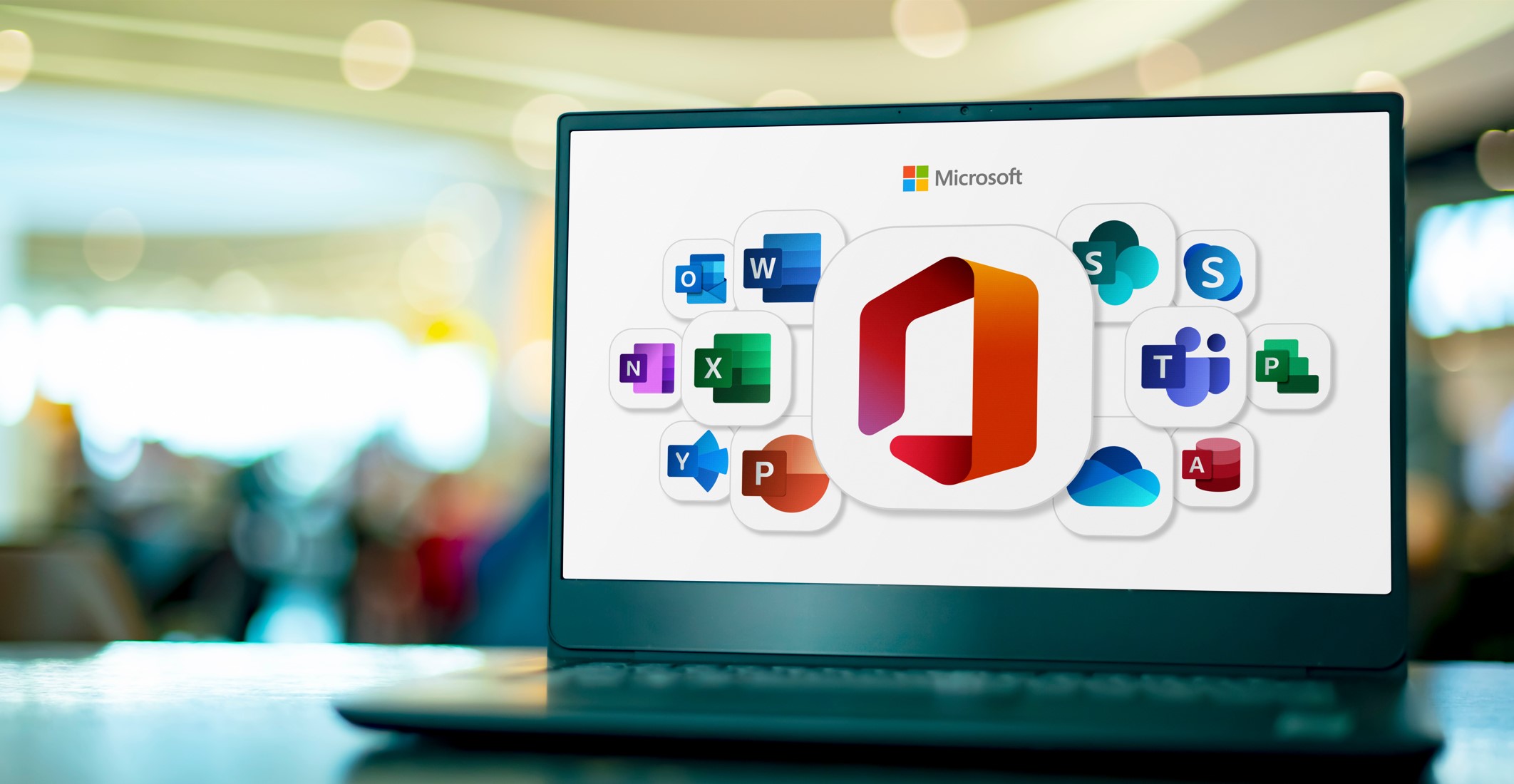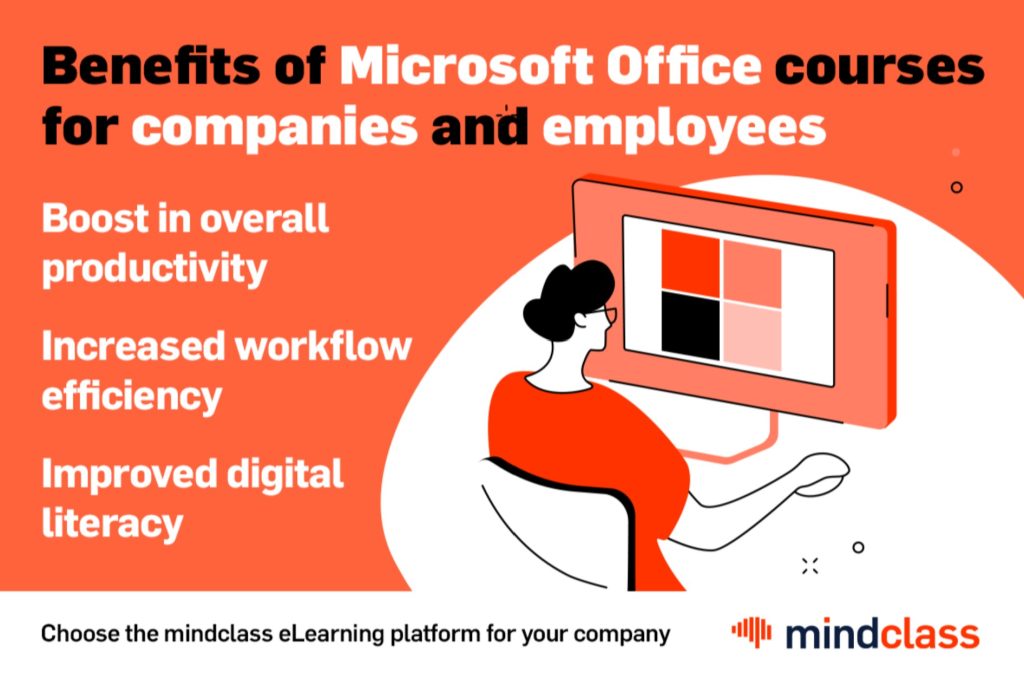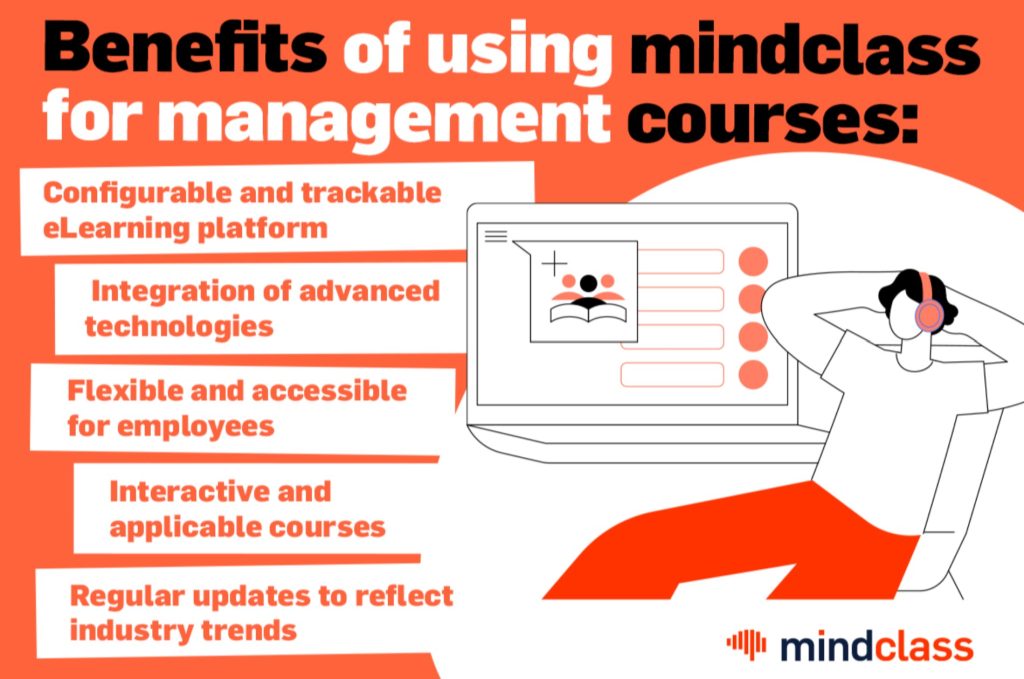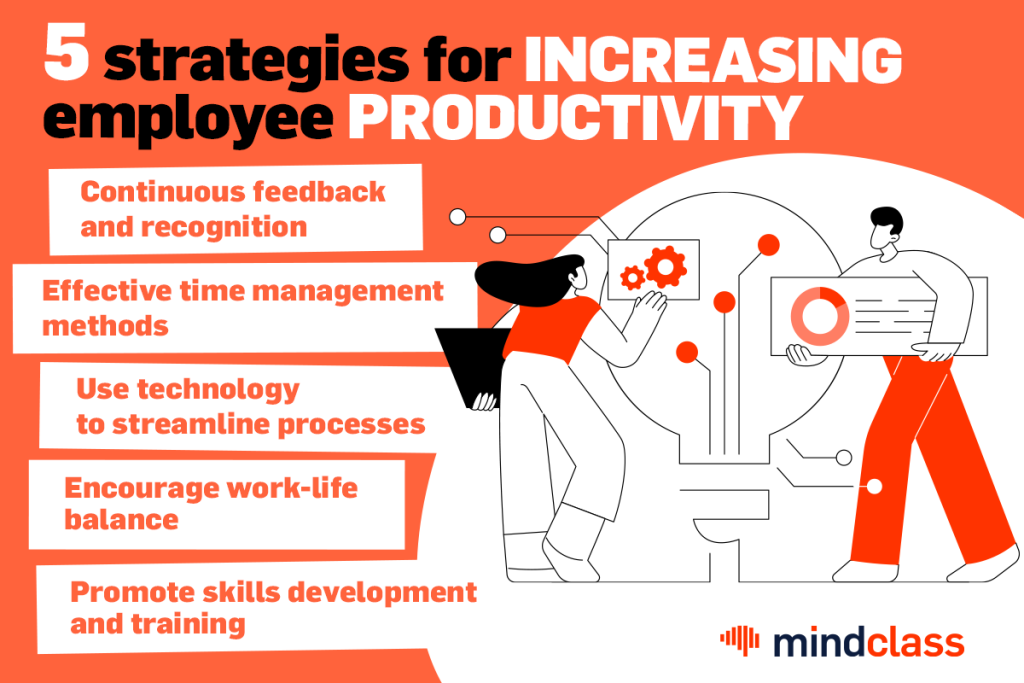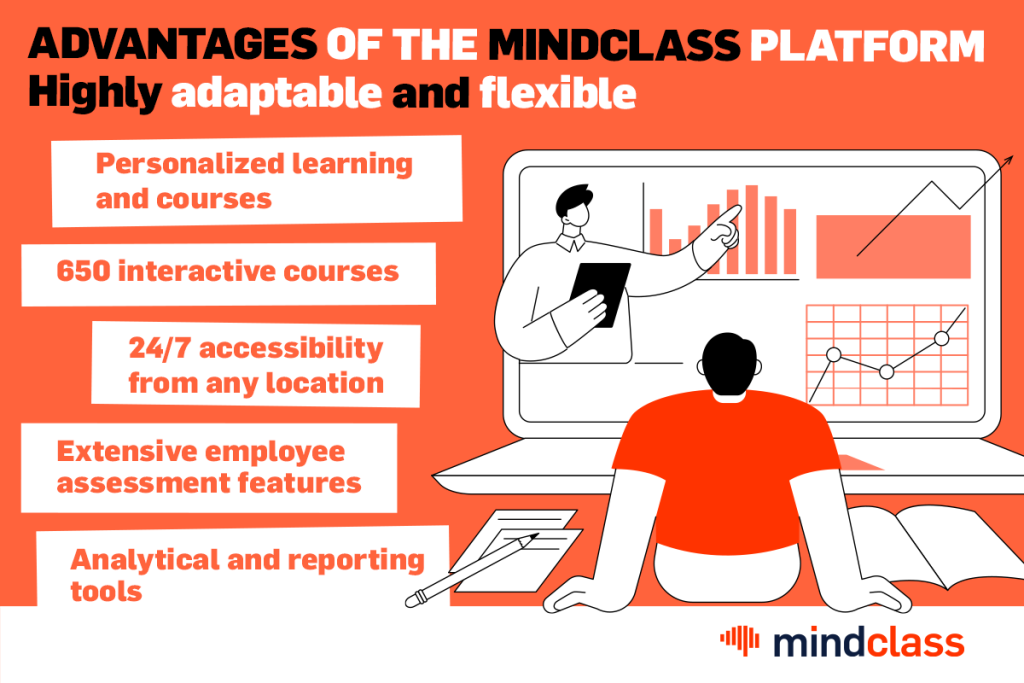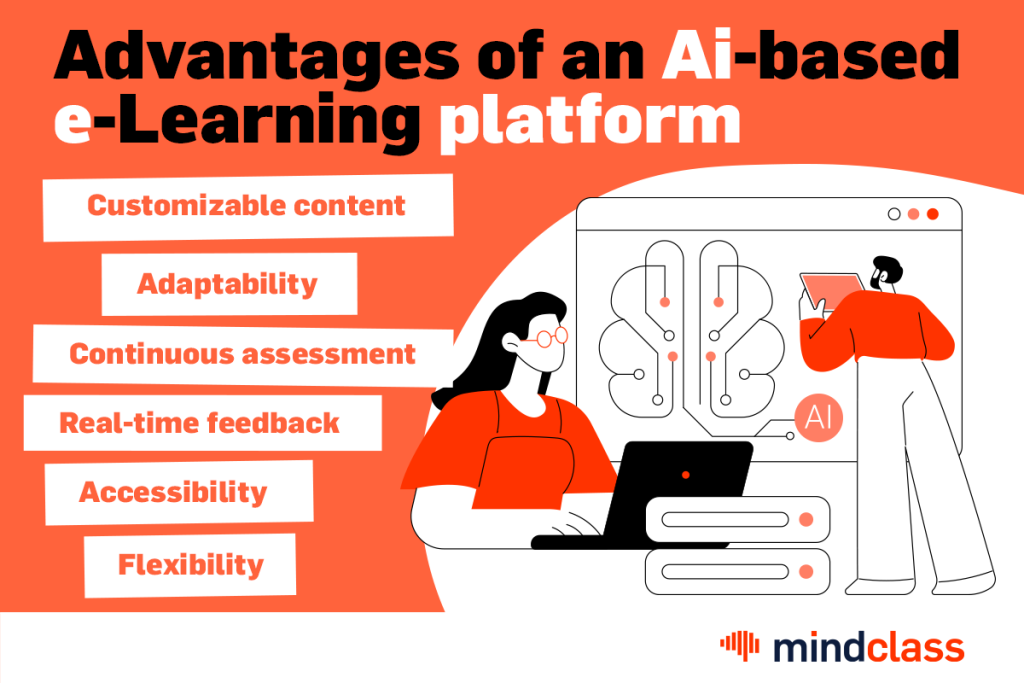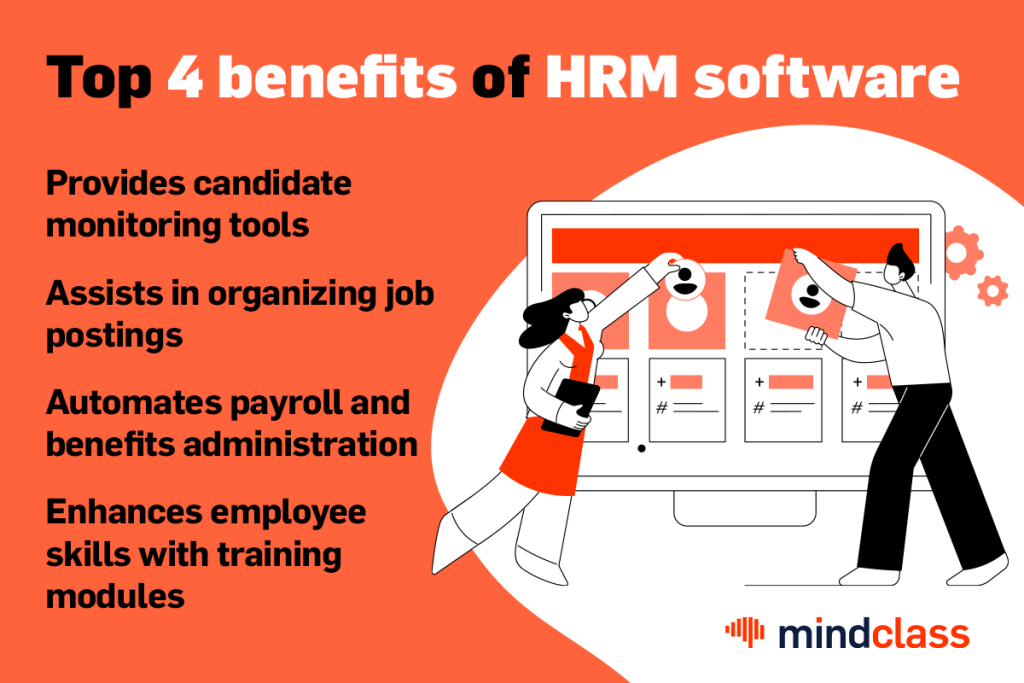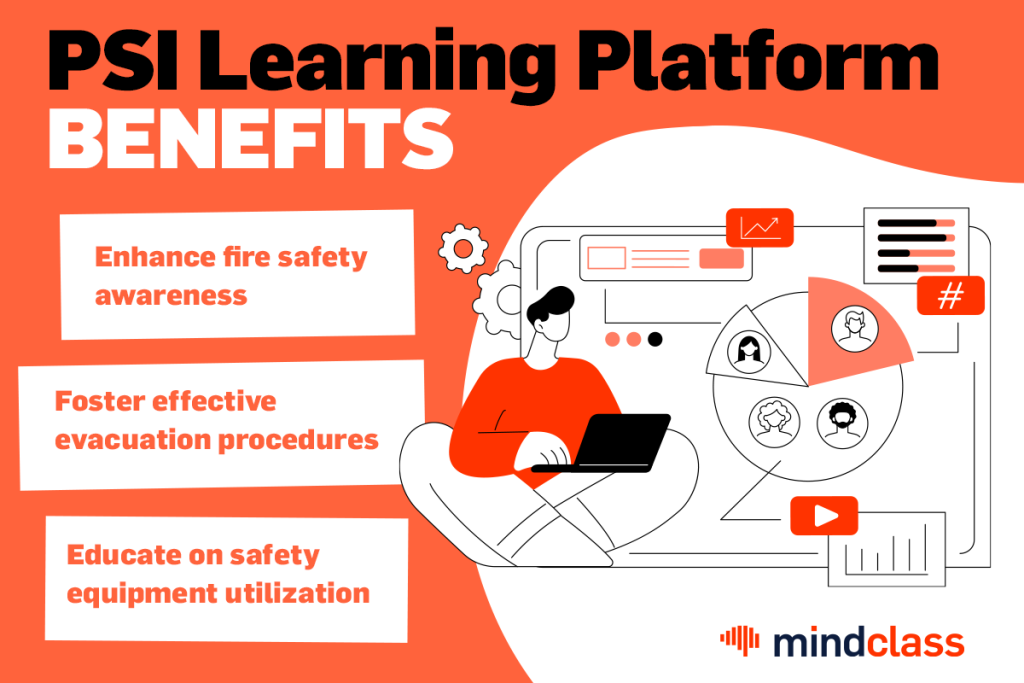- Who is a leadership course for?
- Essential skills developed in a leadership course
- Career benefits of attending a leadership course
- How to choose the right leadership course for you
Leadership skills are crucial in today’s professional world. Regardless of the field in which you work, having strong leadership abilities can provide a significant advantage both for you and your organization. Thus, taking part in a leadership course not only enhances your personal skills but can also give your team or company a competitive edge. Discover who can benefit from a leadership course, what essential skills it develops, the career advantages, and how to choose the right course for you.
Who is a leadership course for?
A leadership course is beneficial for anyone who wants to develop their leadership skills. Whether you’re already a manager within an organization or you aim to move into a leadership position, such a course can help you achieve your goals.
Leaders are not defined solely by the title they hold but by their ability to influence and inspire their teams. Therefore, it doesn’t matter if you are just starting out or already have an established career, a leadership course can add significant value. Professionals from various fields, from business and technology to education and healthcare, can benefit from improving their leadership capabilities.
By attending a leadership course, you can learn how to motivate people, inspire trust, and manage teams more efficiently. If you’re looking to grow professionally and be recognized as a leader in your field, enrolling in such a course could be a crucial first step.
Essential skills developed in a leadership course
One of the major benefits of participating in a leadership course is the range of essential skills you will develop. These competencies not only help you become a better leader but also improve your efficiency in managing teams and projects. Among the key skills you will learn are:
Effective communication
Clear and precise communication is crucial for conveying messages to your team and avoiding misunderstandings. You will learn how to communicate directly and achieve desired outcomes.
Empathy
An inspirational leader must understand their team and be attentive to the needs of each member. Empathy helps you create a positive work environment and earn the trust of those you work with.
Conflict management
No matter how effective you are as a leader, there will be times when you need to deal with conflicts. A leadership course provides you with the necessary tools to resolve these situations diplomatically and constructively.
Strategic decision-making
Decision-making is a major responsibility for any leader. A leadership course will help you understand how to make well-founded decisions based on analysis and relevant information.
These skills are essential for becoming a successful leader and prepare you for the challenges you will encounter throughout your career.
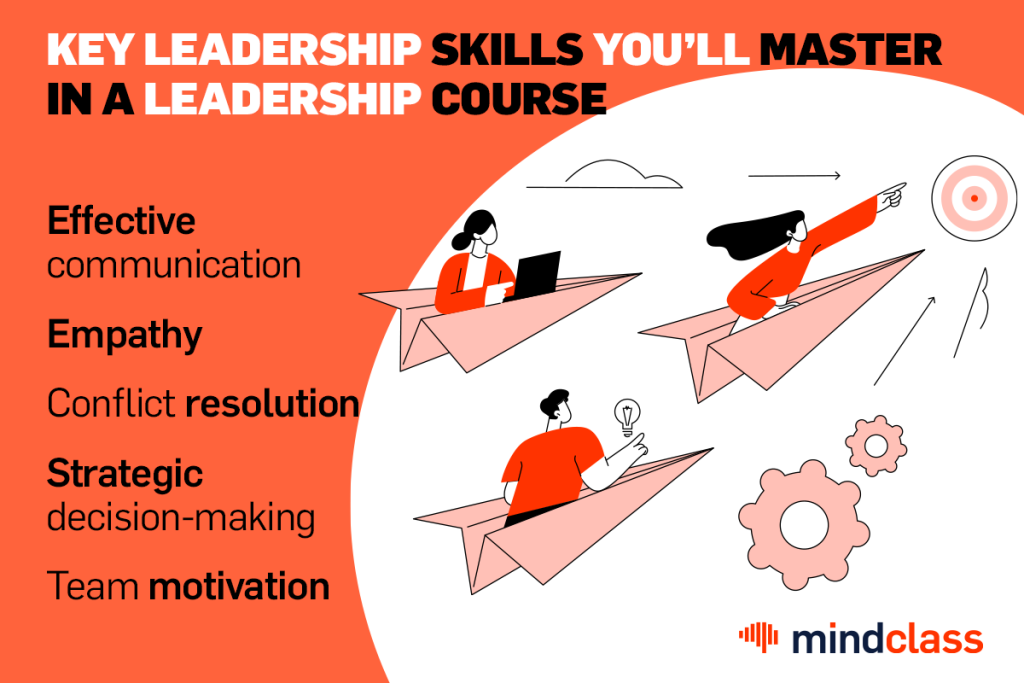
Career benefits of attending a leadership course
A leadership course can have a profound impact on your career, bringing numerous advantages in both the short and long term. Here are some of the major benefits you can gain:
Increased job opportunities
Employers are looking for leaders capable of motivating teams and contributing to organizational efficiency. Leadership courses prepare you for such roles, increasing your chances of being selected for important positions.
Career advancement
The skills gained from a leadership course can open doors for promotion. Whether you’re aiming for a management role or want to be recognized as a leader within your organization, proper training can accelerate your professional progress.
Networking opportunities
Attending leadership courses gives you the chance to interact with other professionals from various fields. Expanding your network can bring new perspectives, collaborations, and opportunities for professional growth.
Thus, beyond improving your leadership abilities, a leadership course can transform your career by creating new opportunities.
How to choose the right leadership course for you
Choosing the right leadership course is an essential step in your professional development. Here are a few factors you should consider when selecting a course:
Personal goals
Before enrolling in a course, reflect on the skills you want to develop and the leadership style you wish to adopt. A course should meet your needs and aspirations.
Course type
Leadership courses can be offered in various formats – online, in-person, or hybrid. Choose the option that suits your schedule and personal preferences best.
Reviews from other participants
Feedback from those who have already taken the course can be very useful in making an informed decision. Choose a course that has received positive reviews and has been appreciated for the quality of the information provided.
To ensure you select a quality course, you might consider eLearning platforms like Mindclass, which offers a variety of leadership courses accessible on both mobile and desktop, tailored to your needs.
A leadership course represents a valuable investment in your professional and personal development. By acquiring essential skills and improving your efficiency as a leader, you will be able to inspire and motivate your team, contributing to the success of your organization. Don’t hesitate to explore the available options and choose the course that best suits your needs. Be proactive in your career and transform yourself into an inspirational leader!




